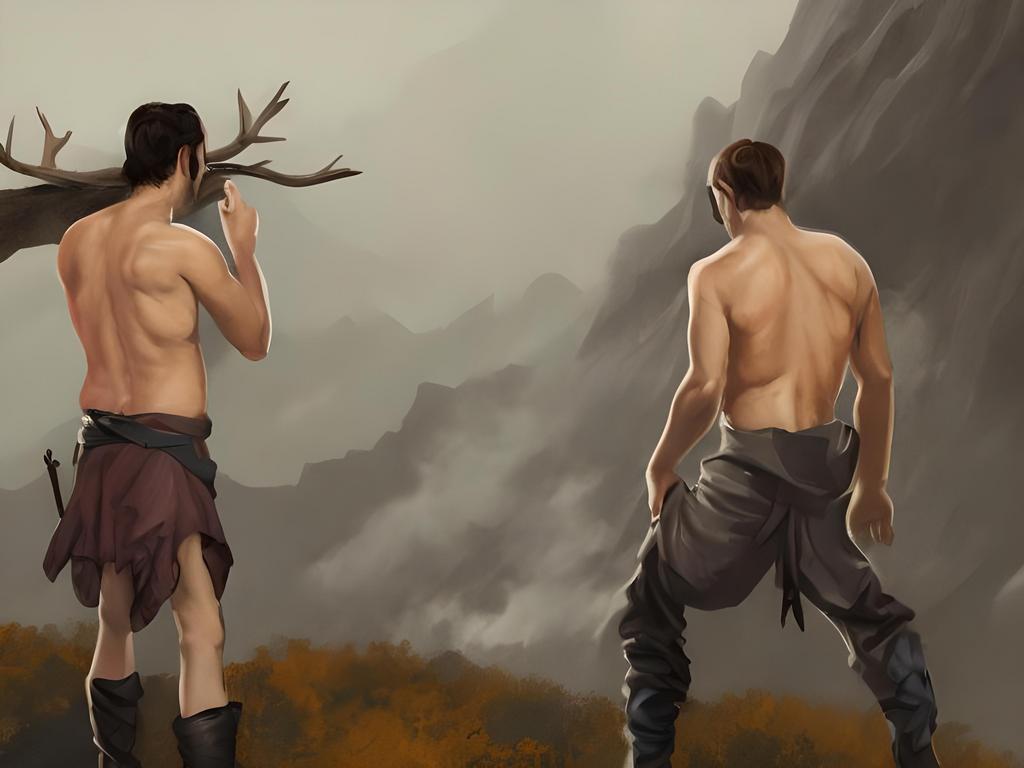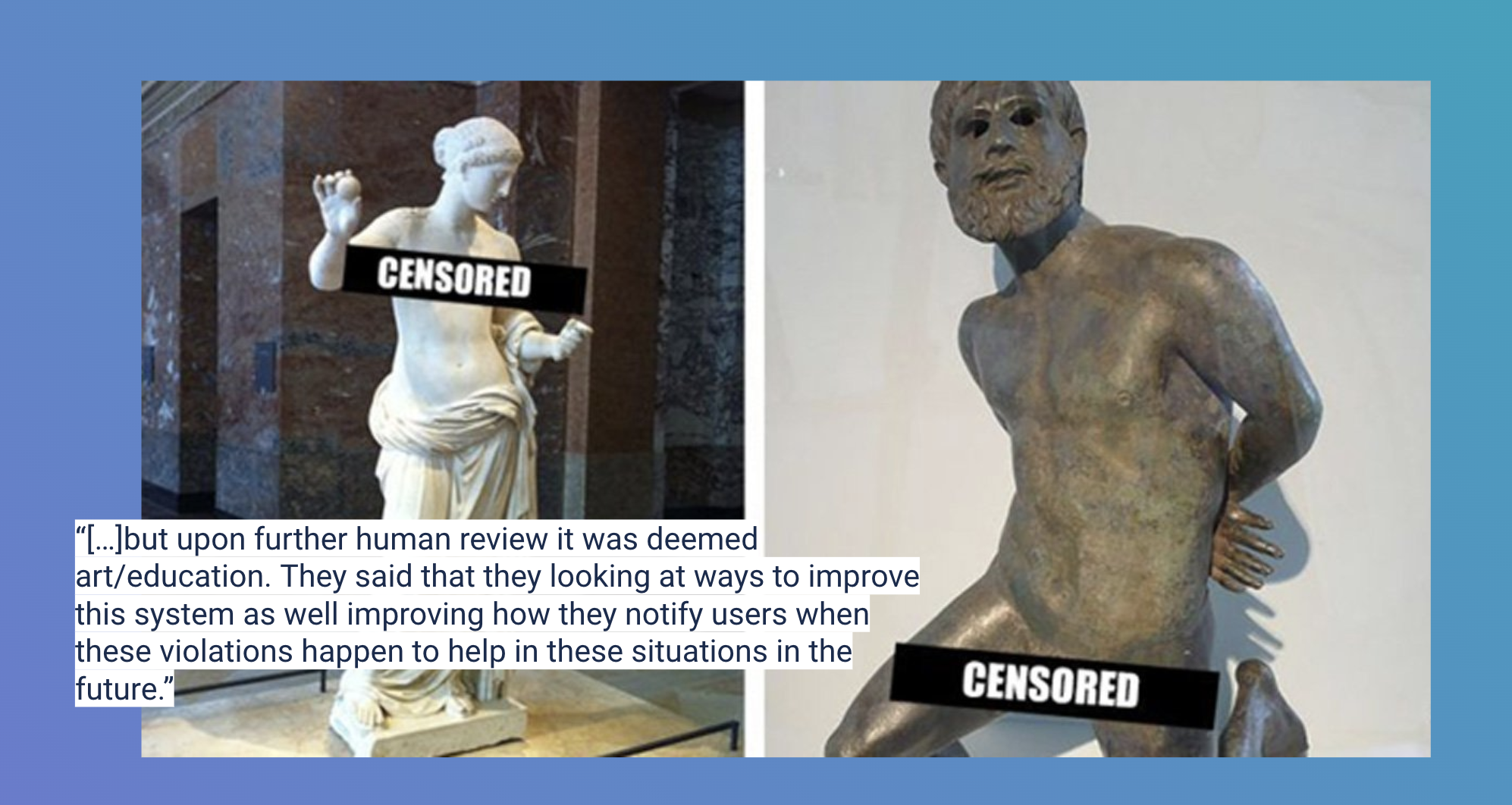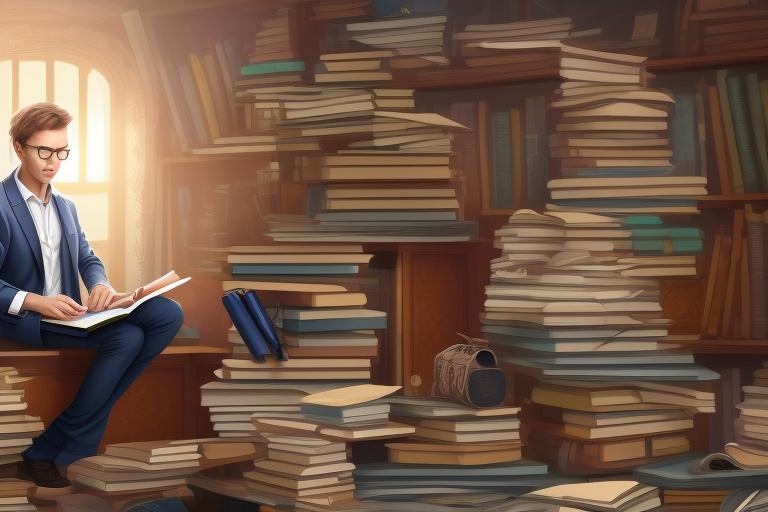For the better part of the last year, I've gone back and forth with myself about how I wanted to approach my current WIP.
At times, the narrative reached beyond the genre conventions of fantasy, dipping into the waters of supernatural horror. Other times, the tides have shifted and pulled the storytelling to a place of a highly erotic psychosexual thriller. As conventional wisdom so often dictates, however, I've moved back to a place of writing what I know. While there are still elements of horror and eroticism throughout the planned narrative, that's not where my focus is.
Reflecting on what has worked and not worked with past drafts and plot variations, I recognize that the moments in which drafting became the most difficult were when the plot felt inauthentic. Even among my central characters, I didn't always understand their motivations, or it felt too contrived that they'd be involved in the central conflicts. Looking back at earlier drafts, I suspect this disconnect is rooted in my attempts at projecting a niche, idealized version of queerness as opposed to one more solidly situated within the context of my own experiences.
Queerness and Conflicted Feelings of Nostalgia
Within my novels, I do not want to invoke a world that embraces systemic homophobia, directly or metaphorically. Individual characters may always have their own biases and bigoted ideas– some people are assholes toward marginalized groups– but I don't want to replicate our real-world systemic oppression in my fantasy worldbuilding.
As such, I previously shied away from shame and trauma as the central character motivation for my protagonist. I did not want to write a novel that explored coming to terms with one's sexuality or overcoming systemic discrimination. And I still don't want to write that novel.
And yet, as I reflected on my own experiences, I realized that the characters I created could function as a sort of proxy for the complicated melancholy I, and many other queer people, experience in relation to nostalgia.
Because I don't live in a fantasy world, bigotry and homophobia did play a huge role in my formative years. In many ways, I feel like my teenage years were paradoxically deferred and expedited. I didn't have the chance to have key youthful experiences like dating or building close friendships or trying to figure out my authentic self. Those things came later, in my early twenties. At the same time, I lived in constant fear of being turned out onto the streets, kicked out of the awful religious school I went to, or pressured into going into conversion torture if I should be outed. The byproduct of that type of fear is that I was forced to mature quickly, always having to think about practicality and self-reliance.
Among the many casualties of this experience were my relationships with the people I had been closest to in my childhood. Entering my teenage years as a queer person in a highly conservative environment was brutal. As a survival mechanism, I shut myself off from people, only ever letting others see the facade of who I wanted to be rather than who I was. I kept people at arm's length and made minimal, if any, efforts to reach out to others and nurture relationships. For me, it was easier at that time to proactively separate myself from the people I loved than it would have been to be faced with their rejection.
Unfortunately, this means that there are people I deeply loved– and still deeply love– who are no longer in my life. At this point, I fear I wouldn't know how to even begin to reconnect with them.
This loss of connection has been deeply painful for me. When I look back at my childhood or encounter something that triggers a sense of nostalgia, once-warm and comforting memories quickly become overwhelmed by a sense of loss. What makes this loss even harder to wrap my mind around is that I was the one who decided to push people away and shut them out of my life. They may have accepted me and stayed close to me, but the risk that they wouldn't was too much for me to handle as a teenager without a support system.
I want to explore that sense of loss– perhaps cathartically– within my current WIP.
Childhood Friends Reunite as Perfect Strangers Who Know Each Other Better than Anyone Else
In my WIP, Ward Moser is a mage living in the mountainous mining city Sarnen, far away from the wooded foothills of his childhood. In Sarnen, he has created a comfortable life for himself with a boyfriend, friends, and just enough employment to keep food in his stomach and a roof over his head. He has settled into a comfortable groove and keeps his attention on the future, as a new business arrangement with the city's chief mining company means that his prospects are looking up.
When River Fuchs, his childhood best friend, arrives in Sarnen unannounced, Ward is forced to turn his gaze away from the future and stand face-to-face with his past. River– Ward's once-protector, conspirator, and confidant– wants to reminisce and relive the past as he attempts to get caught up with Ward. For River, reuniting is a chance to pick up where they left off. For Ward, it's like a splash of icy water as he realizes that he can never live up to the expectations he believes his friends and family had for him or which he once had for himself.
Ward, who's gay, realizes that he distanced himself from River, who's straight, when they were teenagers because of a confusing moment of lustfulness than made him question whether or not he'd be able to continue looking at River the same way as a friend. Much like I did in my own life, he preemptively distanced himself to protect himself from rejection.
Amid these two friends reconnecting, they get entangled in a scheme to exploit the mining company's resources and an entity that had been locked away deep within an abandoned mine, which, if not stopped, could tip the scales of power in not only Sarnen but the entire country. And perhaps beyond.
It's a Novel About Unearthing the Past to Build the Future
As mentioned, I see my WIP as a vessel for exploring the complicated sense of loss and nostalgia that comes with growing up with a queer survivalist mentality.
Fittingly, much of the narrative after Ward and River's reunion is spent deep underground, as they're trapped in the mine shafts that run through the mountainside and below Sarnen. They have to work together to make it back to the surface, and, to do so, Ward has to learn to trust River and emotionally let him in again. Amidst this physical unearthing, he metaphorically unearths the emotional defenses he has built to protect himself and realizes that they may never have been necessary.




